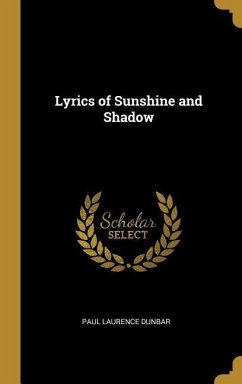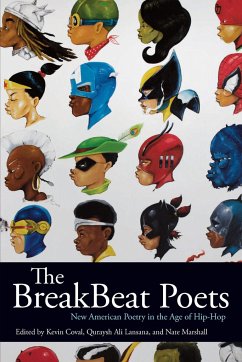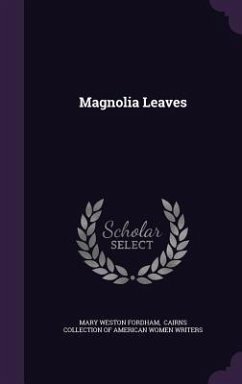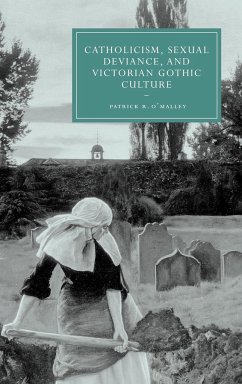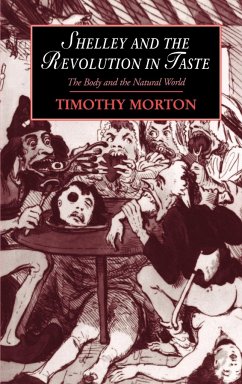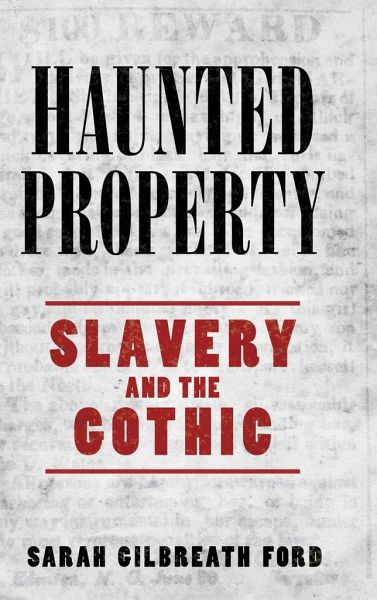
Haunted Property
Slavery and the Gothic
Versandkostenfrei!
Versandfertig in 1-2 Wochen
115,99 €
inkl. MwSt.
Weitere Ausgaben:

PAYBACK Punkte
58 °P sammeln!
At the heart of America's slave system was the legal definition of people as property. While property ownership is a cornerstone of the American dream, the status of enslaved people supplies a contrasting American nightmare. Sarah Gilbreath Ford considers how writers in works from nineteenth-century slave narratives to twenty-first-century poetry employ gothic tools, such as ghosts and haunted houses, to portray the horrors of this nightmare. Haunted Property: Slavery and the Gothic thus reimagines the southern gothic, which has too often been simply equated with the macabre or grotesque and t...
At the heart of America's slave system was the legal definition of people as property. While property ownership is a cornerstone of the American dream, the status of enslaved people supplies a contrasting American nightmare. Sarah Gilbreath Ford considers how writers in works from nineteenth-century slave narratives to twenty-first-century poetry employ gothic tools, such as ghosts and haunted houses, to portray the horrors of this nightmare. Haunted Property: Slavery and the Gothic thus reimagines the southern gothic, which has too often been simply equated with the macabre or grotesque and then dismissed as regional. Although literary critics have argued that the American gothic is driven by the nation's history of racial injustice, what is missing in this critical conversation is the key role of property. Ford argues that out of all of slavery's perils, the definition of people as property is the central impetus for haunting because it allows the perpetration of all other terrors. Property becomes the engine for the white accumulation of wealth and power fueled by the destruction of black personhood. Specters often linger, however, to claim title, and Ford argues that haunting can be a bid for property ownership. Through examining works by Harriet Jacobs, Hannah Crafts, Mark Twain, Herman Melville, Sherley Anne Williams, William Faulkner, Eudora Welty, Toni Morrison, Octavia Butler, and Natasha Trethewey, Ford reveals how writers can use the gothic to combat legal possession with spectral possession.





